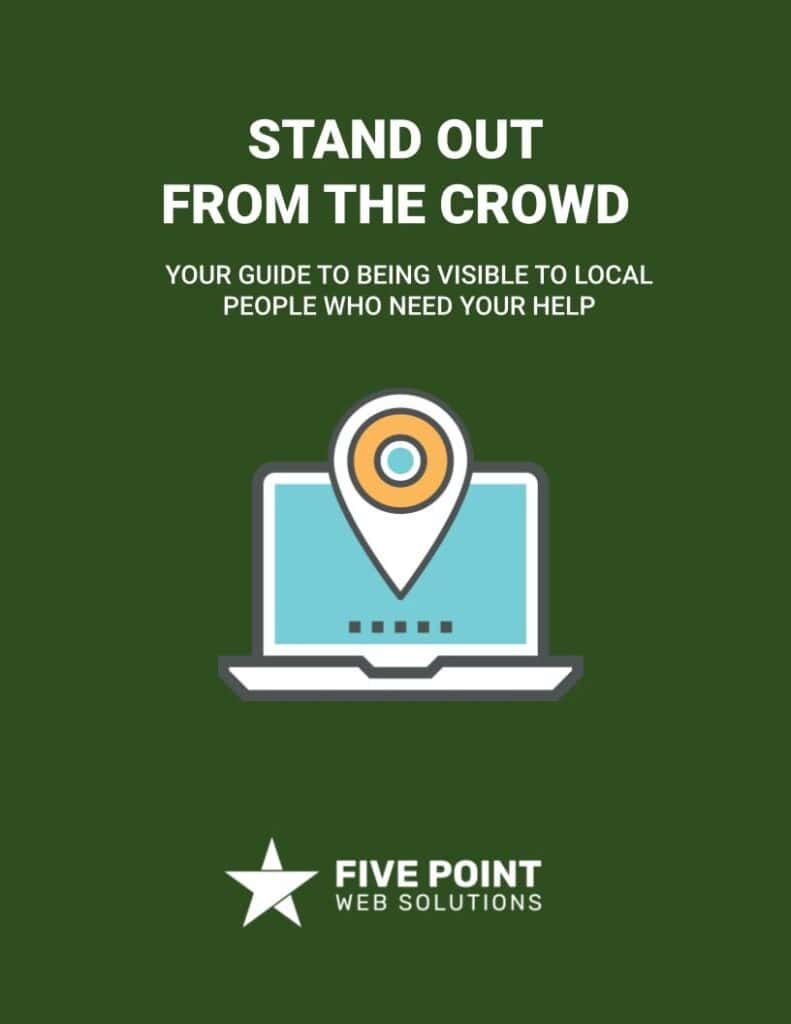
About the author
Table of contents
Just like any profession, there are a few of those so-called “professionals” out there that make the real professionals look bad. And web developers are no exception.
I’ve rescued several of my clients from the clutches of a bad web developer or hosting company. Most of the time, I’ve found that the entire situation could have been avoided, but the client simply just didn’t know any better. They took a chance on a web developer and assumed he wouldn’t pull a fast one on them. Sadly, they found out the hard way.
A Typical Scenario
The typical scenario is one that goes a little something like this:
- Client wants a website, so he calls a web developer.
- Web developer registers a domain name, sets up a hosting account and builds a website. Everyone is happy.
- Then something happens — email goes down for an entire week, website is replaced by an error screen, or some other disaster occurs that has an adverse affect on client’s business.
- Client attempts to contact web developer by submitting support tickets, sending emails, making phone calls, posting on developer’s Facebook page, and any other means of communication available. But there is no response. For days. Maybe even weeks. Or months.
- Client panics, starts asking other business friends if they know someone who can help. Client calls me.
- I perform some research and find that the domain was not registered on behalf of the client. The web developer put it in his own name, in his own registrar account.
- I make attempts to contact previous web developer. I finally reach the guy and he’s pissed off because the client has hired me to fix everything. Imagine that.
- He reluctantly lets the domain go, but takes his sweet time. Have we gone back to kindergarten?
- Now that I have control of the domain name, I move it into client’s own registrar account, then promptly send client his new login information. I change the DNS settings accordingly to point to his new Five Point Web Solutions hosting account. I nicely recommend that he change the password for his new registrar account to something even I don’t know, just to give himself peace of mind. This isn’t about me — it’s about the client.
- Then I either get to work on his new website or move his existing website to his new hosting account (depending on what he hired me to do).
Of course, there are variations on this scenario, but this is nearly verbatim what I see when these clients come to me for help.
The whole thing is really sad. It makes me sad that there are web developers out there that would stoop to this level. It makes me sad that there are clients out there who have to endure this type of behavior. And it makes me sad that so much time is wasted on this instead of just treating our clients properly in the first place. They are paying us for a service, so we should be providing that service to them just as we promised.
Ok, What’s The Good News?
Yes, there is good news — there are many web developers out there who honestly do want to help people get out of these situations. I know I’m not the only one. You just have to keep a few things in mind when preparing to have a new website built:
- Register your own domain name. Or, at the very least, make sure the web developer purchases the domain on your behalf and puts your name and contact information in the registrant/owner section. Also make sure he places the domain name in your own separate registrar account and provides you with the login credentials. Then login and change the password to something secure.
- Ask for login credentials to your web hosting account as well. Even if your web developer provides hosting, make sure you have access to it. There are some exceptions to this rule, depending on what kind of website you are having developed — some services are based on a proprietary system that give you access to manage the website itself, but not necessarily the hosting account. So just be careful and aware of what services you sign up for and what kind of system they use. Don’t be afraid to ask questions.
- Before hiring a web developer and/or hosting company, follow-up on any testimonials they might have posted on their website. If they show real names and businesses with each testimonial (that’s a good sign), see if you can call some of those companies to verify that the work completed to their satisfaction. If you know anyone that has had a good experience with a web developer, ask for the contact information.
- Make sure the web developer you choose has a published phone number (many shady companies won’t publish a phone number or email address). Call them. If the company is local to you, see if you can meet in person at their office or a local coffee shop. Heck, sometimes they’ll even buy your coffee. The main point here is to just make sure they are real people you can talk to.
Be Careful Out There
In summary, it’s good to be aware that there are some less-than-professional web developers and web hosting companies out there. But don’t let that stop you from having your dream website built. Most of us really do care about you and want you to be happy and successful. With a little research and some initial caution, you can help weed out the shady ones and make sure you hire one of the many good ones out there.



